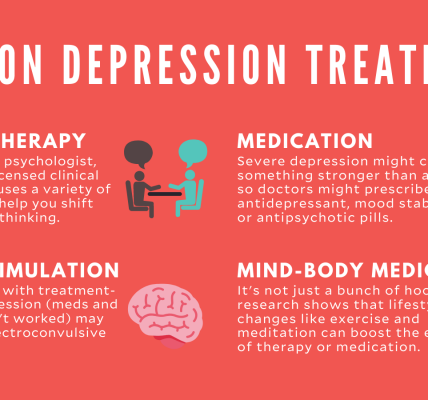Managing Diabetes A Guide to a Healthier Life
Diabetes, a chronic condition characterized by high blood sugar levels, affects millions of people worldwide. Effective management of diabetes is crucial for preventing complications and maintaining a good quality of life.
Understanding Diabetes
Diabetes occurs when the body either doesn’t produce enough insulin or can’t effectively use the insulin it produces. Insulin is a hormone1 that helps regulate blood sugar levels.
Types of Diabetes:
- Type 1 Diabetes: An autoimmune disease where the body’s immune system attacks the insulin-producing cells in the pancreas.
- Type 2 Diabetes: The most common type, often associated with lifestyle factors such as obesity and inactivity.
- Gestational Diabetes: A temporary type of diabetes that develops during pregnancy.
Managing Diabetes: A Comprehensive Approach
- Medication:
- Insulin Therapy: For type 1 diabetes and some cases of type 2 diabetes.
- Oral Medications: To help the body use insulin more effectively.
- Healthy Diet:
- Carbohydrate Counting: Monitoring carbohydrate intake to maintain stable blood sugar levels.
- Portion Control: Eating appropriate portion sizes.
- Regular Meals: Eating regular meals and snacks to prevent blood sugar spikes and drops.
- Regular Exercise:
- Physical Activity: Aim for at least 30 minutes of moderate-intensity exercise most days of the week.
- Consult Your Doctor: Discuss the best types of exercise for your individual needs.
- Blood Sugar Monitoring:
- Regular Testing: Using a blood glucose meter to check blood sugar levels.
- Continuous Glucose Monitoring (CGM): A device that continuously monitors blood sugar levels.
- Healthy Lifestyle:
- Weight Management: Maintaining a healthy weight can improve insulin sensitivity.
- Stress Management: Practicing relaxation techniques can help regulate blood sugar levels.
- Sleep: Adequate sleep is essential for overall health.
- Regular Check-ups:
- Annual Physical Exams: To monitor overall health and identify potential complications.
- Eye Exams: To check for diabetic retinopathy.
- Foot Exams: To prevent foot ulcers and infections.
By following a comprehensive diabetes management plan, individuals with diabetes can lead healthy and fulfilling lives. It’s important to work closely with healthcare providers to create a personalized plan that meets your specific needs.




